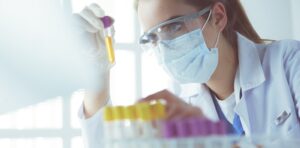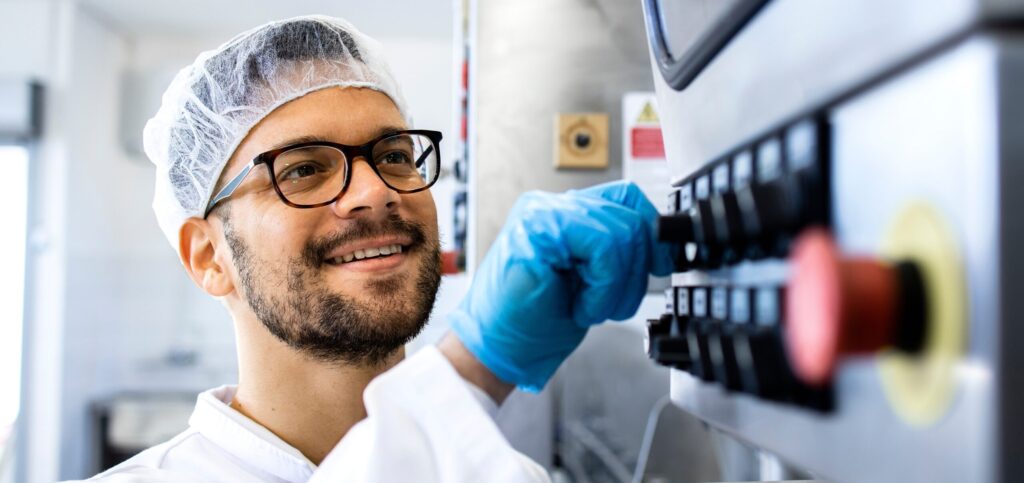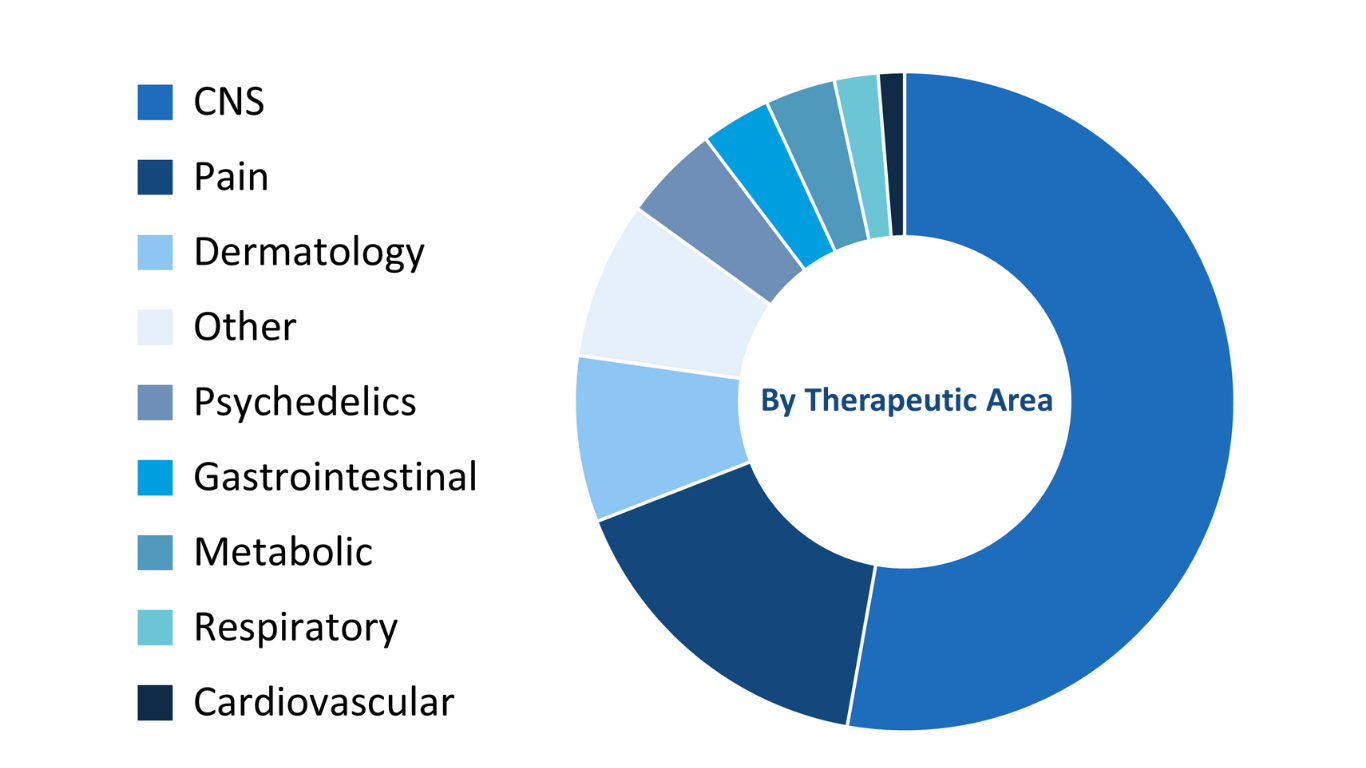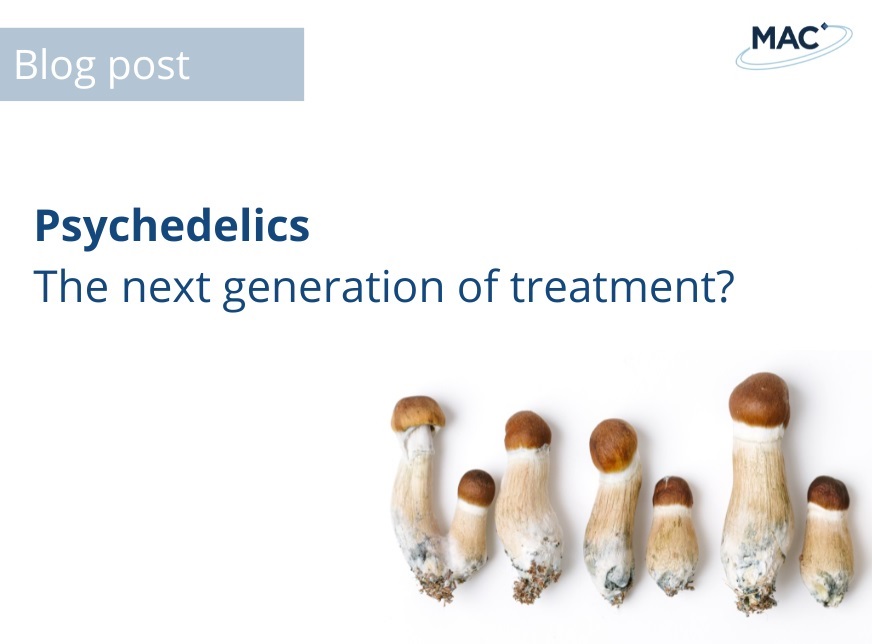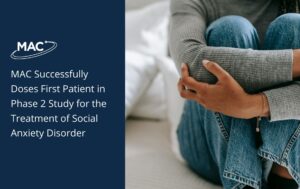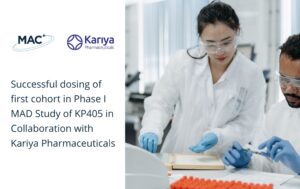The next generation of treatment? Could psychedelic research be a promising new step in treating mental health disorders like depression, anxiety and PTSD?
Back in the 1950s research in psychedelics was underway to understand the medicinal and therapeutic benefits of hallucinogenic substances. However, by 1970 testing on hallucinogens ground to a halt due to the negative perception associated with the growing culture of people using these substances for recreational purposes as well as their potential harm.
The term ‘psychedelic’ was developed by pioneering psychiatrist Humphry Osmond, who had been researching the use of hallucinogens as a treatment for alcoholism and other disorders. According to the Guardian1, he coined the term to mean ‘mind manifesting’ and although his research produced promising initial results, it was halted during the 1960s for social and political reasons.
Since then, mental health has become a growing problem with a lot less stigma and a lot more understanding. Because of this, there is renewed interest in psychedelic research, particularly for treating depression, anxiety, PSTD, and addictions like alcohol and opioids.
In 2021 psychedelic medicine benefited from an immense growth in funding of over $731m in what some people are referring to as “The Psychedelic Renaissance.”
The COVID-19 pandemic is likely to be a driving force of this which has been linked to a sharp incline of mental health disorders, with 1 billion people affected worldwide.2
At MAC Clinical Research (MAC), we are no stranger to psychedelics. In fact, MAC has administered high doses of psychedelics as part of a recent study making us one of the first ever clinical research organisations to do so as well as being the first in the UK to administer Ibogaine by IV in clinical research setting at our Manchester facility.
Our experience lies with many psychedelics such as Psilocybin, IV Psilocin, Ibogaine, DMT and deuterated psychedelics.

Dr Shoona Vincent, VP of Clinical Science at MAC says “psychedelics have the capacity to induce altered states of consciousness and can be leveraged therapeutically through different protocols that vary depending on the compound. While study protocols are still undergoing clinical research, the evidence we have seen so far is interesting, with compelling potential to treat a wide array of mental health conditions”
At MAC we have specialised research facilities for psychedelic testing, alongside trained psychiatrists and psychotherapists. We are fully equipped to support a wide variety of psychedelic research and offer an environment dedicated and conducive to experiencing a safe, relaxed psychoactive experience.
With a strong blend of experience, scientific expertise, and site capabilities, we believe in improving quality of life and fully embrace the growing movement in psychedelics for treating mental health disorders.

1https://www.theguardian.com/science/neurophilosophy/2014/sep/02/psychedelic-psychiatry
2 https://psychedelicinvest.com/2021-the-year-in-psychedelics/

